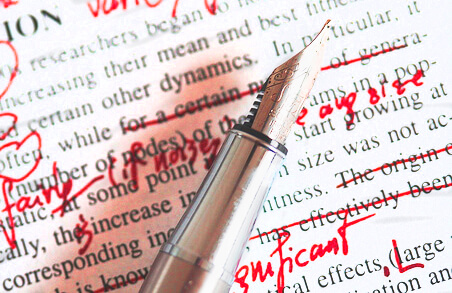As someone who works in the film industry, I am not a huge advocate of the – ‘films ruin books’ – argument. Though there are certainly cases where film versions do no justice to the books they are based on, there are also cases where I believe films have enhanced and improved aspects of a particular book. Mostly, I think it’s unfair to suggest that a film can ruin a book, because it is not like the existence of the film can erase the book from history. Nor is anyone forced to watch the film if they loved the book and want don’t think the film can live up to the experience they had reading it.
Having made that claim, let me say that I do enjoy reading a book prior to watching the film. This is mostly because the film only takes 2 hours (or 3+ if its a Tolkien experience), while a book takes a lot more time, allowing me to get swept away to another world for much longer.
The Martian was no exception. I made sure I read it before the film came out and I am sure glad I did.
Book. *****
This was an exceptional book, living up to it’s notoriety completely. Totally worth the hype. Methodically researched and beautifully crafted, I was hooked from page 1. The story telling is inventive and fresh. Although at times, it runs the risk of losing dramatic tension, because we are being told about dire situations after the hero has effectively dealt with them. However, Weir keeps us engaged through the use of great characterisation and choice of places to switch points of view. Weir’s protagonist Mark Watney, is compelling and real. The secondary characters are well fleshed out too, considering how little time we get to spend with the rest of the cast. One of the things I loved most about the flight crew was that, as Weir suggested in an interview, they are all exemplary human beings. Unlike some sci-fi’s where we see astronauts fighting amongst themselves or losing their minds, Weir recognises that we only send people into space who are fully capable of handling the associated pressures. The drama is centred around the dangers of space, not the people who have signed up to be there. Despite the heavy maths and science that is present in the text, it is also fast paced and thrilling. The balance is achieved, once again, through great characterisation and humour. I don’t read a lot of hard sci-fi, especially as it can be brutal, overly-technical or too dark. The Martian, however, kept me smiling for days.
Film. *****
This film was spectacular. There has been a lot of wonderful sci-fi films released over the past few years, such as Gravity and Interstellar. As a sound editor, I am capable of enjoying a film like this on 2 separate levels. I watch films from a technical standpoint, analysing the sound mostly, but the visuals, the editing, and the craft of the film-makers in general. On this level alone, the Martian was fantastic. Great sound, great visual effects, both practical and computer generated. I want to go to Mars just to listen to that beautiful dust storm. I want to drive a rover across the rolling red plains. The film lived up to my imagination of the scenery and exceeded my expectations of what would be delivered. In terms of the story itself, I think the film-makers stayed very true to the feel and tone of the book as well as covering much more of the plot than I’d expected. If this was a recreation of my book, I’d be blown away. I love Ridley Scott’s representation of Weir’s vision. The science is as close to accurate as possible, though the technical details are never overdone. Reality never gets in the way of a good yarn. It’s still all about the character and his story.
So for me Book vs Film? Well, they’re pretty even in terms of my enjoyment, but since the film wouldn’t exist without the book, then perhaps I’ll let the book have this one.
How about you did you like one and not the other?








